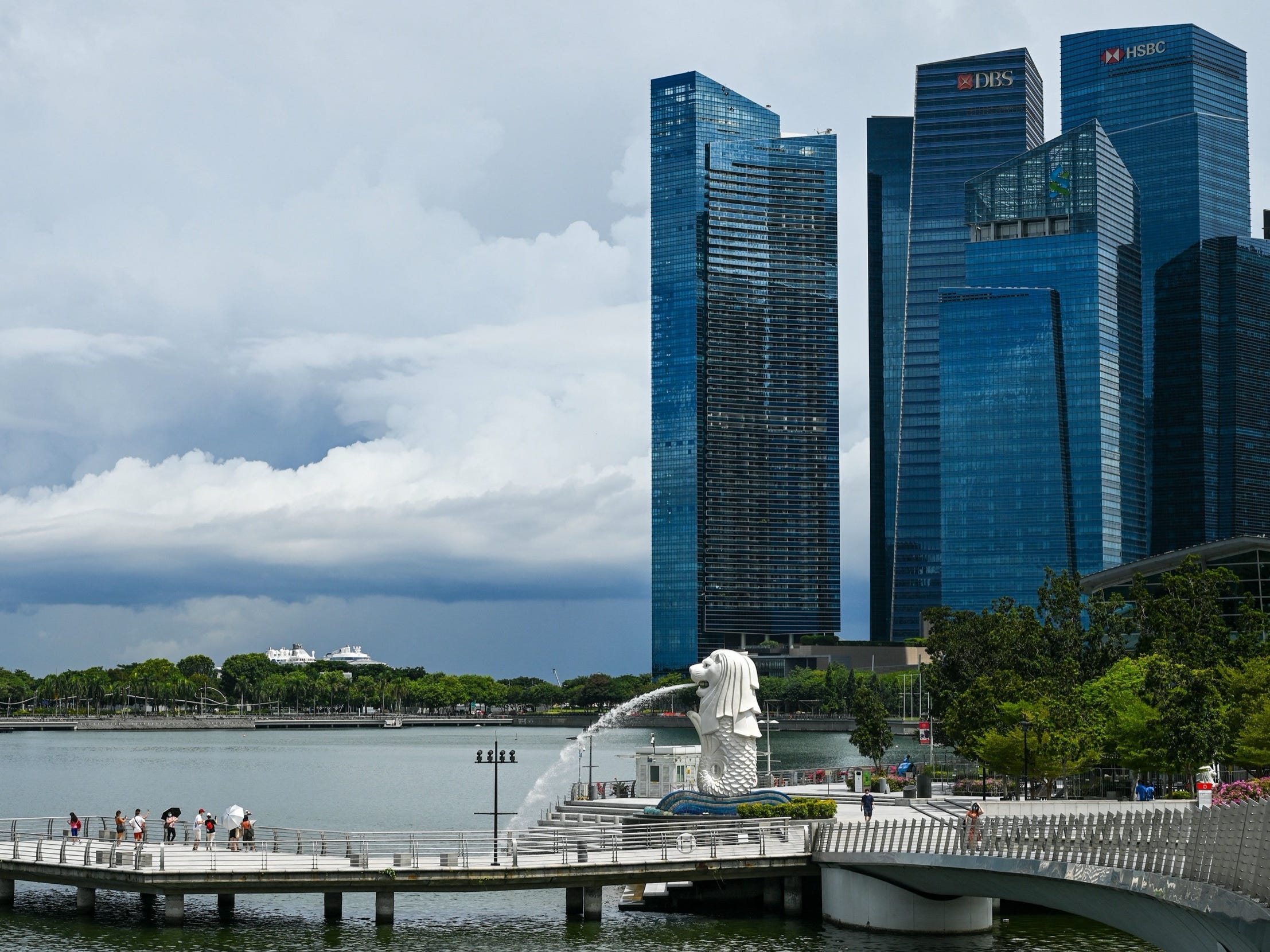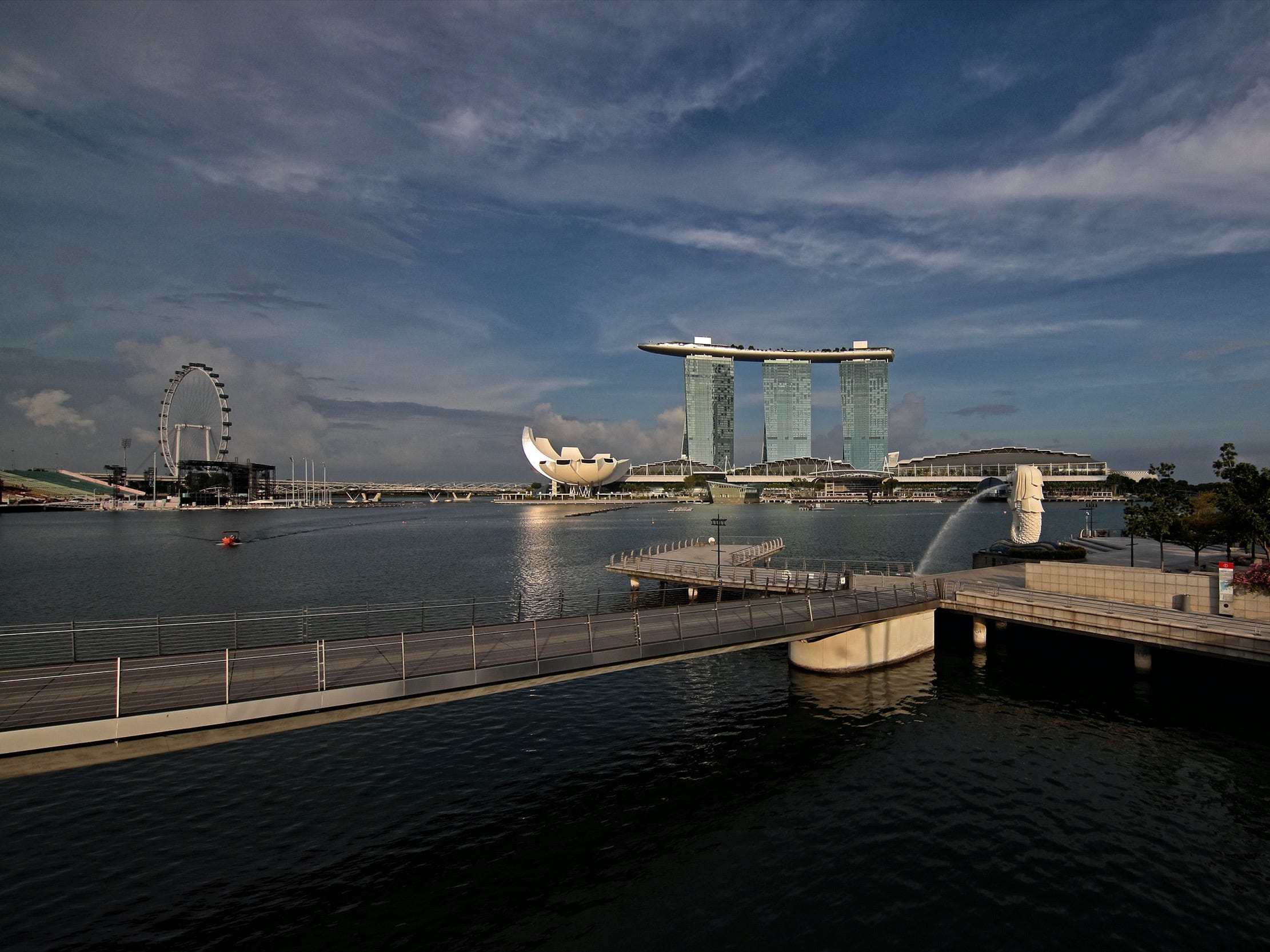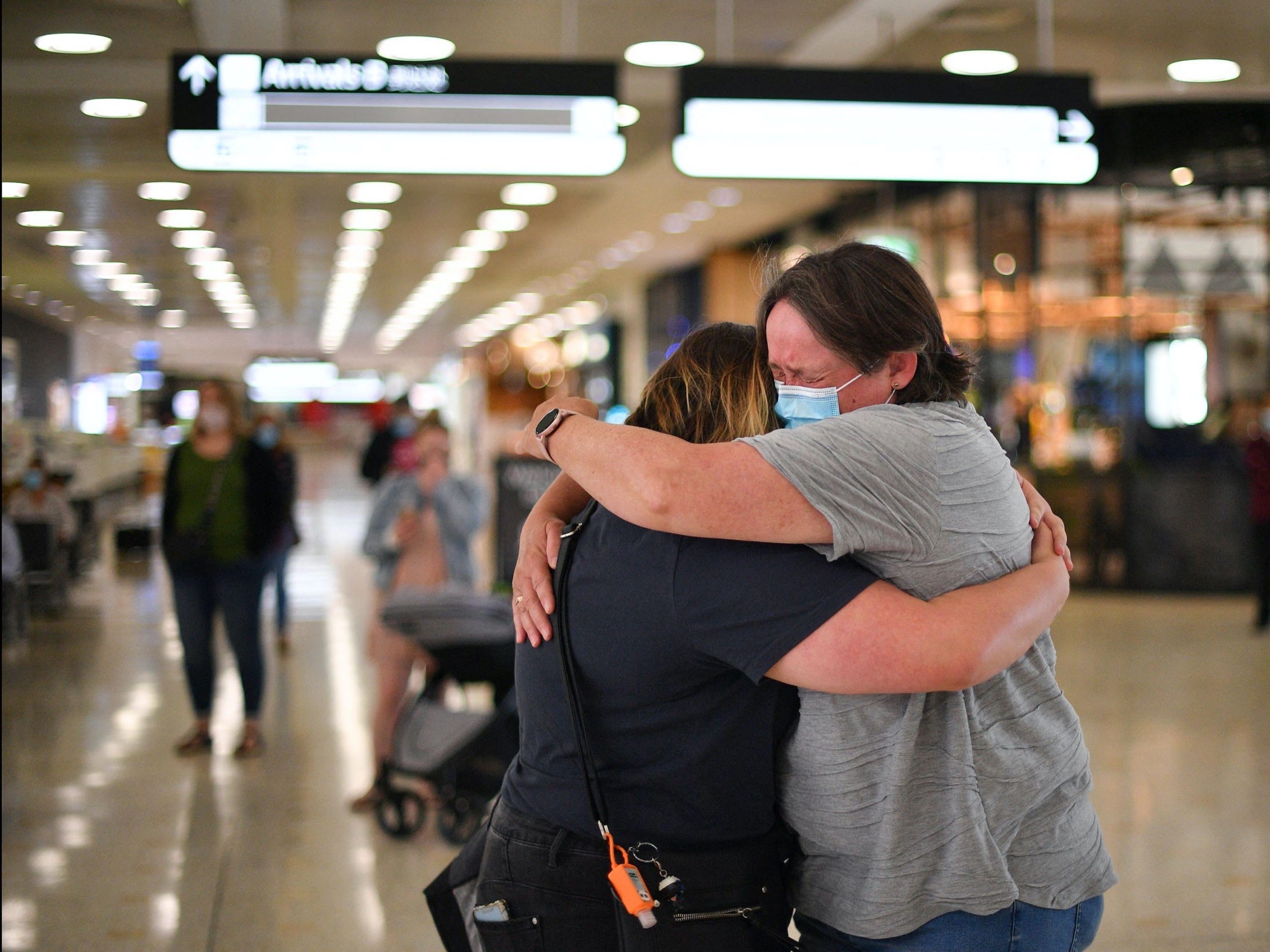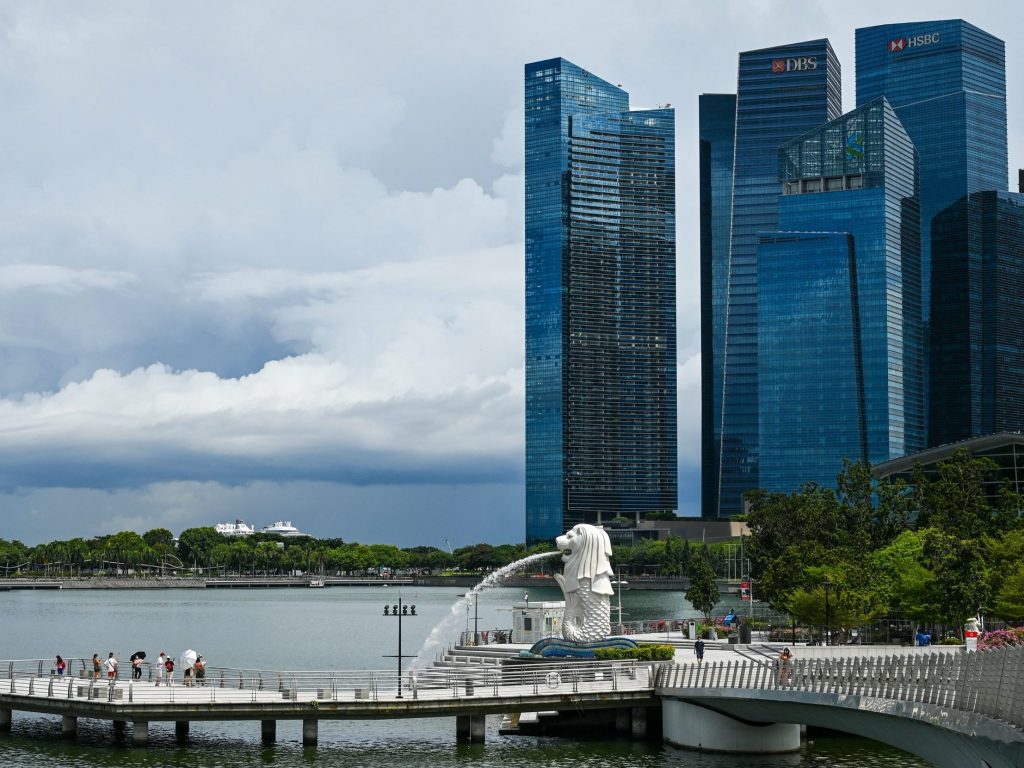
- I spent nine months in Singapore for work, and now I'm moving back to the US.
- I'd lived abroad before, but the pandemic lowered my tolerance for being so far away from my friends and family.
- Many Americans have changed their priorities and moved closer to family during the pandemic.
- Visit Insider's homepage for more stories.
This time last year, I couldn't wait to move to Singapore to start a new job.
Now, after nine months in the city-state, I've packed up my apartment, broken a lease, and I'm about to head back to the US earlier than planned.
My months in Singapore were not what I'd expected in many ways. We've been through multiple lockdowns and I haven't been able to travel the regional at all. But there's an internal element to it, too: I'm coming to terms with the fact that I'm not the same person I was before the pandemic.
Charlie Warzel, the former New York Times journalist, wrote about a similar realization in his newsletter "Galaxy Brain" earlier this week: "I've learned more about myself and what I love and what I fear in the last eighteen months than I learned in my first 33 years."
I feel exactly the same way, and I feel it as a reduced tolerance for distance from my friends and family. Eighteen months into the pandemic and after years of living more than half a continent away from my family, I yearn to be closer to home.
A turning point
I grew up in Montana. After college, I moved to France for two years and then directly to New York City. Two thousand miles away from my friends and family, I missed the birth of my best friend's baby. I couldn't make it home for Thanksgivings or Christmases. And I wasn't there to offer support to my family when loved ones died. At times, I felt pangs of homesickness.
But in my nine months in Singapore, I've felt a whole new level of isolation.
I expected to encounter challenges when I decided to move to a country I had never previously stepped foot in. I expected it to be difficult to make friends under COVID-19 restrictions, and it was. I expected to find the 12-hour time difference between Singapore and New York City to be tough to navigate, and that, too, was.

I know how fortunate I am to have spent time in a country that has one of the lowest COVID-19 death rates in the world and was at one point considered the best place to be during the pandemic. But I also now realize that my mindset has changed. I used to wear my independence as a badge of honor; I used to think of homesickness as weakness. But after months of disconnection from friends and family even before moving to Singapore, I have hit a turning point.
And it's not just about milestones like weddings and babies. I want to sit with my grandmother drinking Chardonnay on her balcony that overlooks the river. I want to throw the ball for the dogs in my dad's yard. I want to go on a hike with my mom and have a picnic in the woods like we've done a million times before.
A societal shift
I'm not the only one reconsidering my tolerance for distance.
As COVID-19 has disrupted the world, people who are lucky enough be able to make such decisions have shaken up their lives. They've quit their jobs in record numbers. Many Americans, now free to work from anywhere, have uprooted their lives and moved nearer to family. A February survey by Pew Research Center found that 5% of Americans have moved due to the COVID-19 pandemic - and 17% of those relocated to be closer to family members.
Expats like myself have also been rethinking their lives abroad. Hundreds of thousands of Europeans went back to their home countries, according to The Economist. In a June 2020 survey by global property consultancy Knight Frank, nearly 30% of expats said they were considering moving permanently back home - citing the desire to be closer to family as the main reason.
"Time in lockdown has underlined the importance of family for many and focused their minds on the type of lifestyle they want to lead," Victoria Garrett, Knight Frank's head of residential in Asia Pacific, said at the time.

SAEED KHAN/AFP via Getty Images
So here I find myself, reconsidering the type of life I want to lead. I'm getting on a plane back to the US on Sunday, at which point I'll be three flights and 26 hours from home.
The pandemic is far from over. The future is uncertain, especially as the Delta variant surges in the US and around the world. But in a time when it seems like every day brings some fresh new horror and the feeling that the world is ending, I also know this: I'd at least like to be closer to the people I love.

